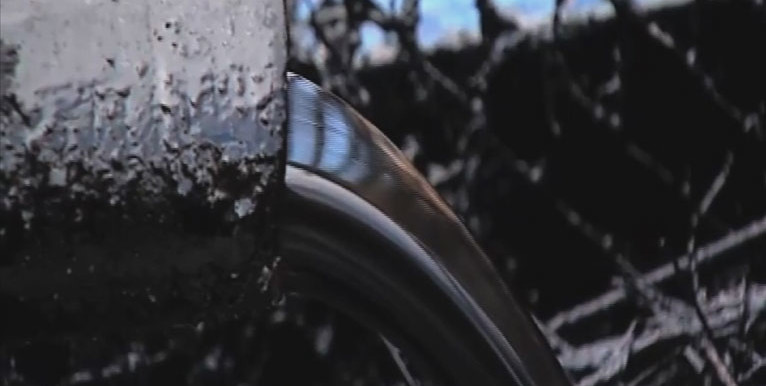The construction of an alternative export oil pipeline route for South Sudan could ensure an economically and politically diverse environment where trade and exports can take place at reduced costs, says senior consultant Tom Savory, of Africapractice in the Mining Weekly.
With up to 75% of oil reserves from the old Sudan now falling in South Sudan, Juba should have the economic upper hand between the two “heavily underdeveloped” countries, Savory states. The only routes to market – through one of two pipelines to the Red Sea from Sudan – are controlled by Khartoum. Savory blames the devastated state of both economies to ‘the brinkmanship’ of both countries. “In late 2011, when Khartoum started to siphon off a portion of oil to, in its view, cover unpaid bills, South Sudan promptly shut down oil production and the pipes and revenues promptly ran dry. South Sudan relies on oil revenue to generate 98% of its foreign exchange earnings and it accounts for more than 98% of the country’s budget.
Savory explains that two routes for South Sudanese oil are feasible. One heads east from the south of the country towards a potential new Indian Ocean port in Lamu, in northern Kenya, while the second heads east from the north of the country through Ethiopia and Djibouti, to the Gulf of Aden. The Kenya route will ensure that the pipeline traverses a relatively flat and logis- tically accessible path, says Savory. A pipeline that traverses this route is likely to be connected to the Ugandan oil fields.
Ethiopia is a significantly more trouble- some logistical prospect, notes Savory. Not only is the route longer but it also passes mountains and wetlands, neither of which are favourable for pipeline construction. The route will also increase costs as revenue will need to be shared between more countries.Talks on the route out of South Sudan through Kenya to Lamu are ongoing. The announcement on this route is likely to be made by the end of 2014.
File photo: Oil pipeline at the Foluge oil field, South Sudan (by UN Video)
Related: S. Sudan oil minister: oil deal possible by 22 Sept (30 August 2013)




